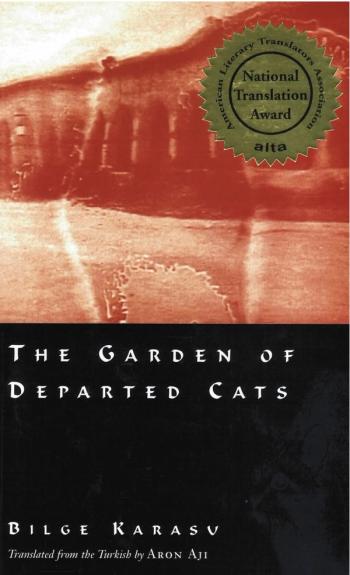Bilge Karasu
Bilge Karasu (1930–1995) was born in Istanbul and became the pre-eminent Turkish modernist writer. Besides short stories and novels he was also a well-known translator. A graduate of the philosophy department of the Faculty of Letters of Istanbul University, Mr. Karasu worked in the foreign broadcast department of Radio Ankara until a Rockefeller University scholarship made it possible for him to continue his studies in Europe. After returning to Turkey, he went to work at Hacettepe University, where he lectured in philosophy. In 1963, Mr. Karasu won the Turkish Language Institute’s Translation Award with Olen Adam, for a translation of D. H. Lawrence’s The Man Who Died. By that time, he had begun to experiment with new forms of expression in his collection of stories entitled Troya’da Olum Vardi (Death in Troy). He won the Sait Faik Story Award eight years later with Uzun Surmus Bir Gundu Aksami (Evening of a Long Day). By the beginning of the 1980s, he had tried an abstract form of expression in Gocmus Kediler Bahcesi (The Garden of Departed Cats) and incorporated other forms of art into his writing. He attempted different uses of form and content in works he styled “texts” rather than “stories.” His other works include Kismet Bufessi (Kiosk of Destiny), a collection of short stories; and Kilavuz (The Guide).

